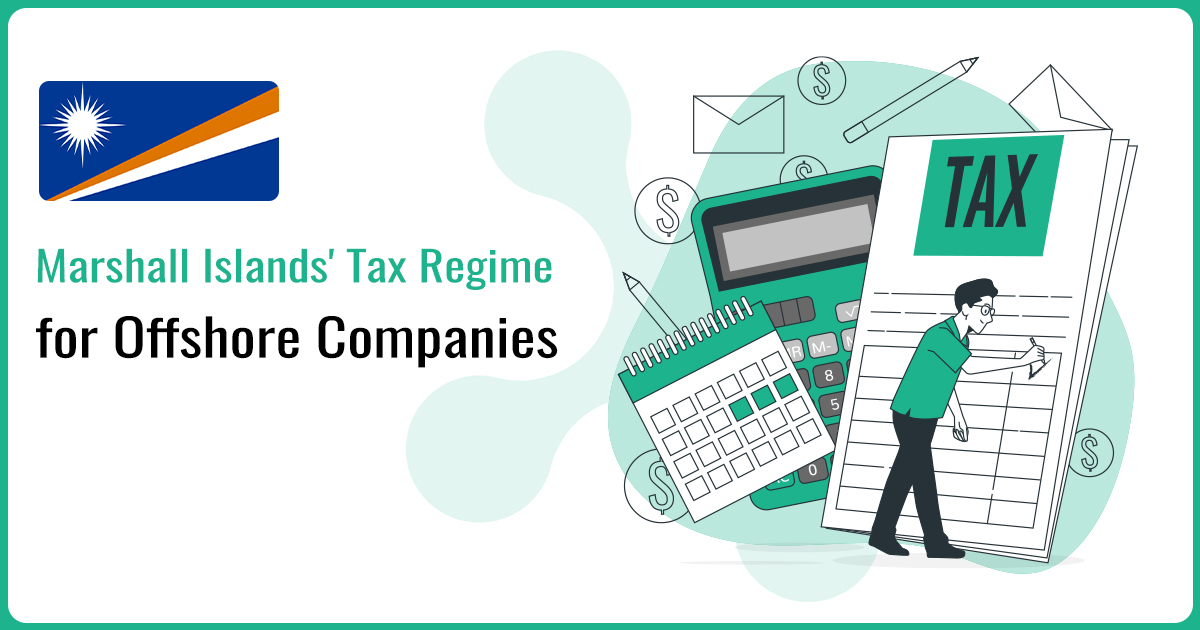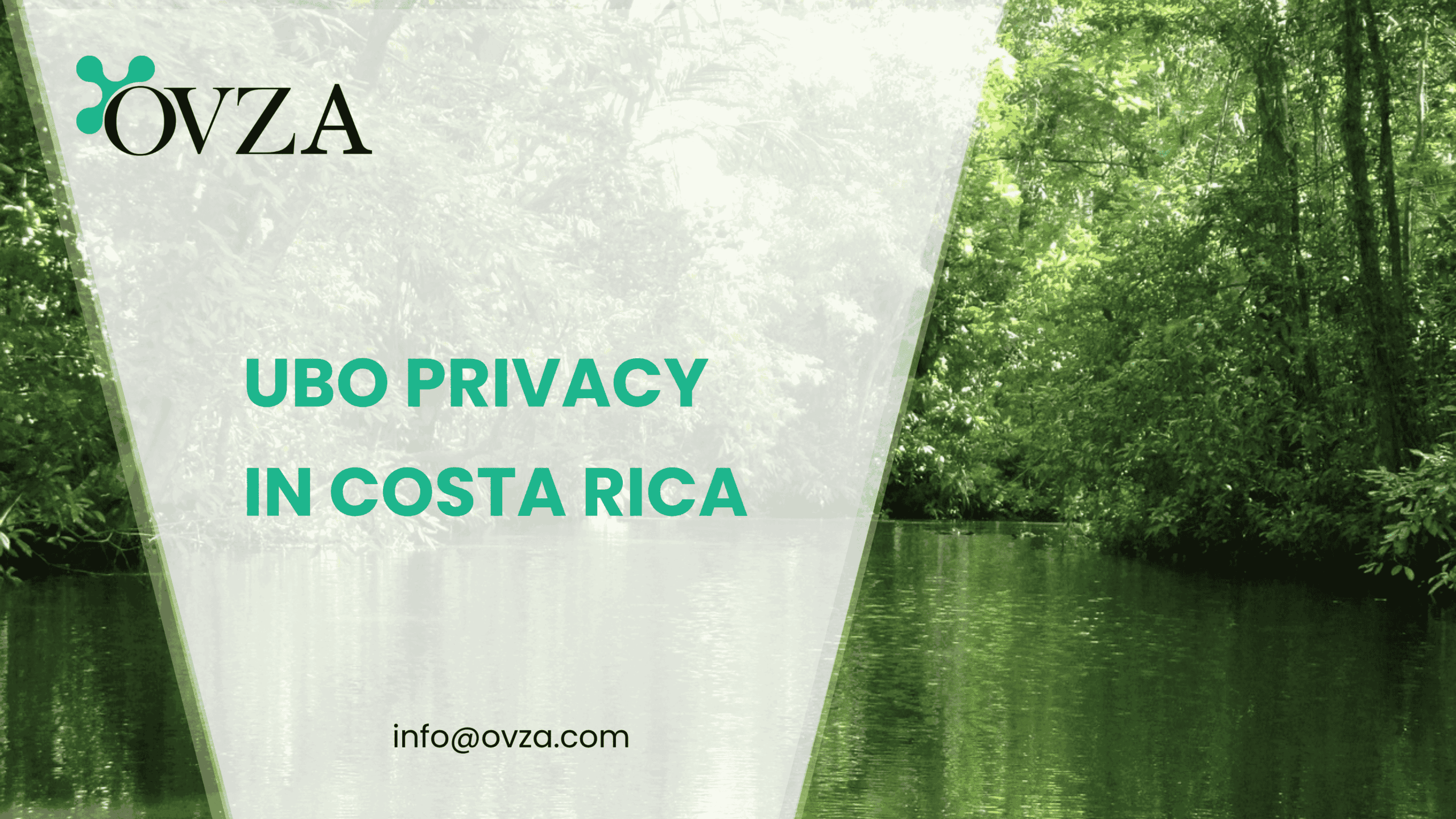The Marshall Islands, located in the central Pacific Ocean, is a well-established jurisdiction for offshore company formation. It offers a tax-efficient environment, supported by a robust legal framework, making it an attractive destination for international businesses. This article outlines the key aspects of the Marshall Islands’ tax regime for offshore companies, focusing on the relevant laws.
No Corporate Income Tax: The Business Corporations Act (BCA), 1990
Under The Business Corporations Act (BCA), 1990, offshore companies incorporated in the Marshall Islands are exempt from corporate income tax on income earned outside the country. This means that businesses that conduct their operations internationally are not required to pay corporate taxes to the Marshall Islands government on their foreign-sourced income. The BCA is a cornerstone of the jurisdiction’s appeal, providing significant tax advantages for companies looking to operate globally.
No Withholding Tax: The Revenue and Taxation Act (1989)
The Revenue and Taxation Act (1989) ensures that offshore companies in the Marshall Islands are not subject to withholding taxes on dividends, interest, royalties, or other payments made to non-residents. This exemption allows companies to distribute profits to shareholders or pay interest on loans without incurring any deductions for taxes, making the Marshall Islands a highly tax-efficient jurisdiction for international business activities.
No Capital Gains Tax: The Business Corporations Act (BCA), 1990
The Marshall Islands does not impose capital gains tax on profits derived from the sale of assets, including shares, real estate, and other investments. This exemption is governed by the BCA and ensures that offshore companies can realize profits from asset sales without facing tax liabilities. This makes the Marshall Islands an attractive location for holding companies and investment firms seeking to maximize their returns.
No Estate, Inheritance, or Gift Taxes: The Trusts Act (1994)
The Trusts Act (1994) governs estate planning and wealth management in the Marshall Islands. Under this Act, the jurisdiction does not impose estate, inheritance, or gift taxes. This provides significant advantages for offshore companies and their owners, allowing for the transfer of wealth and assets without incurring additional tax liabilities. This aspect of the Marshall Islands’ tax regime is particularly beneficial for long-term estate planning.
Confidentiality and Privacy: The Marshall Islands Associations Law (1990)
The Marshall Islands offers strong legal protections for the confidentiality and privacy of offshore companies. The Marshall Islands Associations Law (1990) mandates that the identities of shareholders, directors, and beneficial owners of corporations are not required to be publicly disclosed. This law ensures a high level of privacy for businesses and individuals, making the Marshall Islands a preferred jurisdiction for those seeking to maintain confidentiality in their business operations.
Flexible Corporate Structures: The Business Corporations Act (BCA), 1990
The BCA provides a flexible legal framework for the formation of various types of corporate entities, including corporations, limited liability companies (LLCs), and partnerships. These entities can be tailored to meet the specific needs of businesses, whether for holding assets, conducting international trade, or managing investments. The flexibility offered by the BCA makes the Marshall Islands a versatile jurisdiction for offshore company formation.
No Stamp Duty on Transactions: The Stamp Duty Act (1992)
The Marshall Islands do not impose stamp duty on the transfer of shares or other corporate transactions involving offshore companies, as stipulated by The Stamp Duty Act (1992). This exemption reduces the costs associated with corporate restructuring, share transfers, and other business activities, making the jurisdiction a cost-effective option for managing and transferring assets.
Conclusion
The Marshall Islands’ tax regime, supported by laws such as The Business Corporations Act (BCA), 1990, and The Trusts Act (1994), offers a highly favorable environment for offshore companies. The absence of corporate income tax, withholding tax, capital gains tax, and estate or inheritance taxes, combined with strong confidentiality provisions and flexible corporate structures, makes the Marshall Islands an attractive jurisdiction for international businesses. For companies seeking to maximize tax efficiency while maintaining privacy, the Marshall Islands presents a compelling option.










